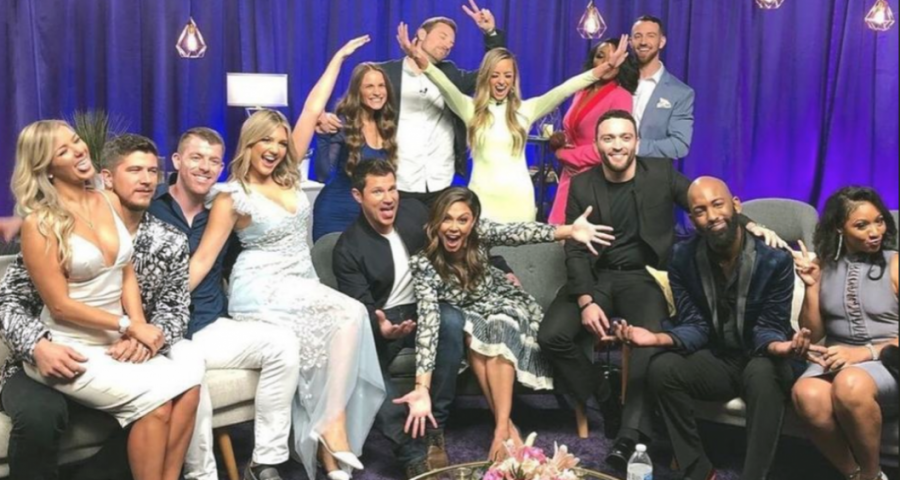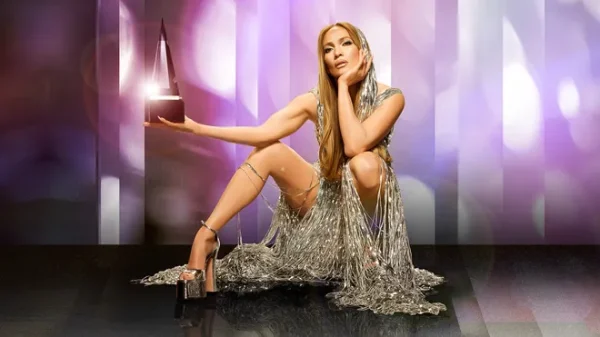“Love Is Blind” Is a Fresh Spin on Dating Reality TV
Premiering on Feb. 13, the Netflix original series “Love Is Blind” seemed like another “Bachelor” copycat at first glance. However, the series proved itself surprisingly original. Fans of “Married At First Sight” could be expected to jump on the “Love Is Blind” bandwagon, as both shows share a similar premise of making authentic connections that delve deeper than appearance. On March 5, the show’s reunion was released and, on March 24, Netflix renewed the new hit series for a second and third season.
Framed as an experiment, “Love Is Blind” hypothesizes that successful marriages can stem from genuinely blind dates. In the first few episodes, the hopeful singles converse with their dates through a wall with each person in their own “pod,” which is actually a small, dark room with a couch suitable for one. The purpose of the pods is to foster an emotional connection with one’s date solely through conversations that occur over a period of 10 days. After several days of conversations, the quasi couples must decide whether they want to continue the experiment and commit to an engagement, or concede that love is not blind—for them at least.
Emerging from the pods were six engagements between fiancés who had never seen each other before. The sequence of events of “Love Is Blind” is nearly opposite of that of “Married At First Sight,” as the fiancés meet face-to-face after forging an emotional connection, then venture on to a vacation, return to real life and decide whether they wish to continue onto marriage. However, the heart-rending aspect of this process is that the decision to end the relationships is revealed at the altar. One or both of the fiancés must say “I don’t” before their friends and families, rather than rejecting their fiancé in private. As cruel and impractical as this may seem, this moment in the experiment is infused with drama. In fact, the most explosive rejection comes as a surprise to one bride at the altar, who—just as surprisingly—reveals that she and her ex-fiancé decided to give their relationship a second chance after filming ended.
Part of what makes this show so addictive—as can be judged by the whirlwind of tweets from fans—is how problematic, and metaphorically blind, some of the cast members can be. The undeniable villain of the show is Jessica, who meddles in another couple’s relationship and refuses to admit that hers is not the fairytale that she was striving for. Giannina’s mood swings are bound to perplex viewers, but ultimately culminate into an even more jaw-dropping wedding. Kenny and Kelly are the epitome of unproblematic, until they are not, that is. Altogether, the show’s fast-pace is a must-watch for those who indulge in reality shows as a guilty pleasure. “Love Is Blind” is another take on modern dating that is refreshingly original and poignant in contrast with shows of a similar premise, like “The Bachelor,” that lack a sense of authenticity.

Danielle Dentremont, class of 2021, is an Editor-in-Chief for The Searchlight. At Walpole High School, she is captain of the cross country team and runs...













